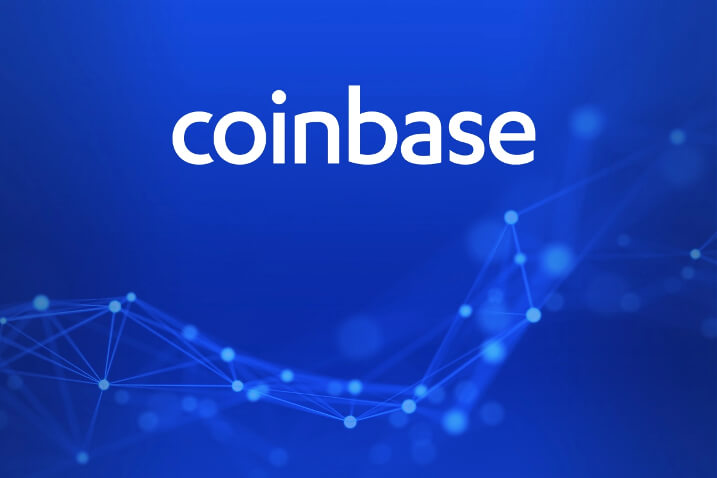SNEAK PEEK
- Brian Armstrong cleared that a disclosure in its latest quarterly filing did not indicate a bankruptcy risk.
- Disclosure might make customers believe coins are vulnerable to risks on the platform, which will affect its financial position.
- Coinbase missed estimates for first-quarter revenue.
On Tuesday, Brian Armstrong, CEO of Coinbase cleared that even amid a black swan event, i.e. an unpredictable event that isn’t considered normal and can lead to serious consequences; there isn’t any risk of bankruptcy for the largest US cryptocurrency exchange and everything is as it should be.
Bloomberg took to its Twitter account to post the announcement.
In his Twitter thread, Armstrong said that the company will deploy additional measure for the safety of its retail customers just like it does for its Prime and Custody consumers.
4/ For our retail customers, we’re taking further steps to update our user terms such that we offer the same protections to those customers in a black swan event. We should have had these in place previously, so let me apologize for that.
— Brian Armstrong – barmstrong.eth (@brian_armstrong) May 11, 2022
3/ We believe our Prime and Custody customers have strong legal protections in their terms of service that protects their assets, even in a black swan event like this.
— Brian Armstrong – barmstrong.eth (@brian_armstrong) May 11, 2022
Realizing the severity of the matter, he further said:
We should have updated our retail terms sooner, and we didn’t communicate proactively when this risk disclosure was added. My deepest apologies.
6/ We should have updated our retail terms sooner, and we didn’t communicate proactively when this risk disclosure was added. My deepest apologies, and a good learning moment for us as we make future changes.
— Brian Armstrong – barmstrong.eth (@brian_armstrong) May 11, 2022
Since first-quarter revenue missed analyst estimates, company’s shares fell 16% upon regular trading.
According to Armstrong, the new language that has been found in its latest 10-Q filing is nothing more than a requirement of the US Securities and Exchange Commission and Coinbase is completely away from the risk of bankruptcy.
1/ There is some noise about a disclosure we made in our 10Q today about how we hold crypto assets. Tl;dr: Your funds are safe at Coinbase, just as they’ve always been.
— Brian Armstrong – barmstrong.eth (@brian_armstrong) May 11, 2022
He further said that the exchange had included a new risk factor as per an SEC requirement known as SAB121, which is a newly required disclosure for public companies that hold crypto assets for third parties.
Mentioning the same, his tweet read:
2/ We have no risk of bankruptcy, however we included a new risk factor based on an SEC requirement called SAB 121, which is a newly required disclosure for public companies that hold crypto assets for third parties. https://t.co/lwmgb1kFtA
— Brian Armstrong – barmstrong.eth (@brian_armstrong) May 11, 2022
Coinbase, in its recent filing wrote, The 10-Q, filed with the SEC Tuesday, says:
Because custodially held crypto assets may be considered to be the property of a bankruptcy estate, in the event of a bankruptcy, the crypto assets we hold in custody on behalf of our customers could be subject to bankruptcy proceedings and such customers could be treated as our general unsecured creditors.









